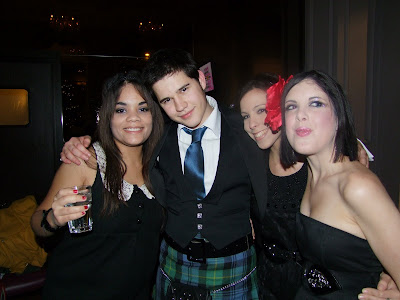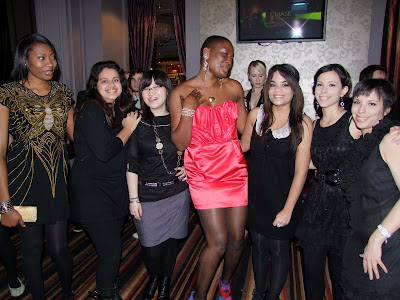
I remember when I was about 14, sitting around with some American friends (in school in the Netherlands) discussing Christmas, one of them asked another at what age they stopped believing in Santa Claus. I was taken aback, was this some kind of joke, did people actually believe in Santa Claus. Did kids grow up thinking that a fat guy actually could fit into their chimney unnoticed and leave gifts? I found it unbelievable that at any age, someone would believe such a fantastical story, but I guess I had no idea about the cult of Santa Claus in the west, particularly in America.
Although during Christmas time we were saturated with images of this foreign benevolent gift distributor we just could not identify with him on many levels. Not only is the idea of a white man dressed in winter clothes in the sweltering heat of Nigeria quite strange, but all the iconic apparatus that supported the myth of Santa Claus were very unfamiliar to us, we had no concept of what a chimney was, or mistletoe, or snow, sleighs or even reindeers. All these things were apparently common in Europe and America but they were and are alien to us, and it happened that during Christmas we threw out our cultures and traditions and adopted this strange fitting idea of a ‘White Christmas’ with mistletoe, pine trees, snow and eggnog, for a brief period in the year we were European, we were like those people on the TV with their knitted cardigans around the fireplace. The feeling I have is that we as a culture felt it was impossible to have an authentic Nigerian Christmas.
This ownership of the Christian religion should also apply to Christian festivals that now have a larger secular meaning; we can create a genuinely Nigerian Christmas without having to borrow strange customs from the west. It’s about time we put our own unique stamp on Christmas.






















